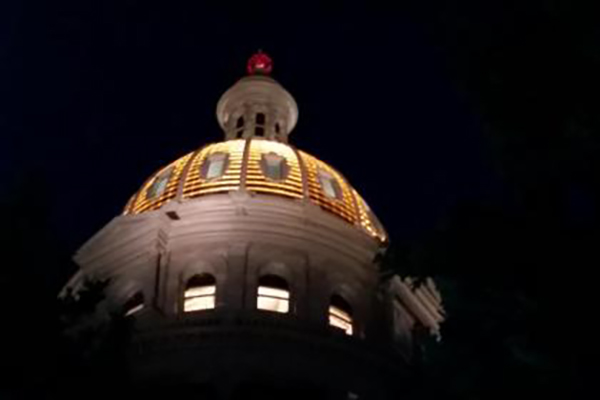The legislature adjourned sine die on June 8, and the Governor is taking final steps toward enactment of bills passed, many which were to be effective July 1. July 7 is the deadline for him to sign, veto, or let bills become law without his signature. The bills CMA was primarily concerned with have been signed into law over the past couple of weeks.
HB 21-1312, which CMA opposed, made numerous changes to Colorado tax policy including the phase-out of exemptions from coal severance tax based on production levels and recovery methods. Beginning with the 2021 tax year, the exempt amount will drop from 300,000 tons per quarter by 20% each year until eliminated in 2026. The 50% credit allowed for coal mined underground will drop by 10% each year, also eliminated in 2026. A similar phase out applies to lignite, which is not currently produced in Colorado. The bill overturned the Supreme Court’s holding in the BP oil/gas severance tax case by restricting deductions to those direct costs actually paid or accrued by a company.
In addition, the legislation eliminated other exemptions previously benefitting the insurance industry, eliminating the sales and use tax fees retained by certain vendors, and added mainframe computer access, photocopying, and packing and crating to property and services taxed. As a benefit to small businesses, the bill increased the amount of exempt business personal property tax to $50,000. A separate bill, HB 21-1311, made numerous changes to deductions and credits for state personal and corporate income tax.
Perhaps the most controversial environmental bill of the session, HB 21-1266 (Environmental Justice), was signed by the Governor July 2 in conjunction with an Executive Order which articulated the Governor’s directive that state agencies stick to rulemakings to reduce Greenhouse Gas Emissions using a sector-by-sector approach. The Order specifically directed that no action be taken to establish a cap-and- trade program, citing the Administration’s letter adamantly opposing SB 200. However, portions of SB 200 were ultimately incorporated into HB 1266 with the Governor’s approval. CMA had opposed both HB 1266 and SB 200 and joined with other business organizations in requesting a veto.
Even as we finish the 2021 legislative session, planning goes forward for 2022. CMA continues to focus on anticipated state dredge and fill legislation, even as the Biden Administration prepares to put forward a new Waters of the U.S. rule that would cover those activities. CDPHE-led stakeholder meetings are currently on hiatus and the legislative Water Resources Review Committee which is expected to hear the department’s request for legislation has not yet scheduled its interim meetings, although committee members have been appointed.
CMA is collaborating with representatives of affected business and local governments who regularly conduct activities that could be regulated by a new dredge and fill program prior to interim committee work commencing.







